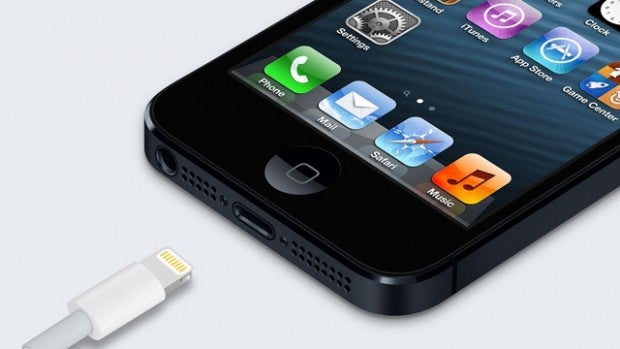Details of Apple’s third party Lightning port licensing revealed

Apple is reportedly planning to license its female Lightning port technology to third party accessory makers, and has outlined some of the benefits.
The Lightning port was introduced with the iPhone 5 in 2012 as Apple’s new charging standard, but the compact, reversible port clearly had potential to be much more.
CES 2015 showcased more headphones that used the iPhone’s Lightning port to connect rather than a standard 3.5mm jack, enabling them to draw power from the phone as well as to transmit ‘perfect’ digital sound.
Now 9to5Mac has outlined some of the ways in which the Lightning port will be introduced to more accessories in future. Apparently, Apple has specifically mentioned game controllers, headphones, and speakers as products that will benefit from integrating the Lightning standard.
As we’ve already mentioned, Lightning allows devices to draw power from the iOS device. However, Apple’s standard also allows pass through functions, so you could simultaneously charge your iPhone on a dock while listening to music on your headphones.
Another advantage to third party accessories using Apple’s Lightning standard over a standard micro USB connection is faster charging.
Read More: iPad Air 2 review
Apparently, Apple will limit the number of permitted Lightning ports to just one per device. It’s speculated that Apple might want to avoid excessive power drain on its devices, or interference from multiple audio accessories all plugging in simultaneously.
One other note of caution is that these Lightning third party specs haven’t been finalised as yet, so third party manufacturers may see changes to Apple’s terms for usage.


